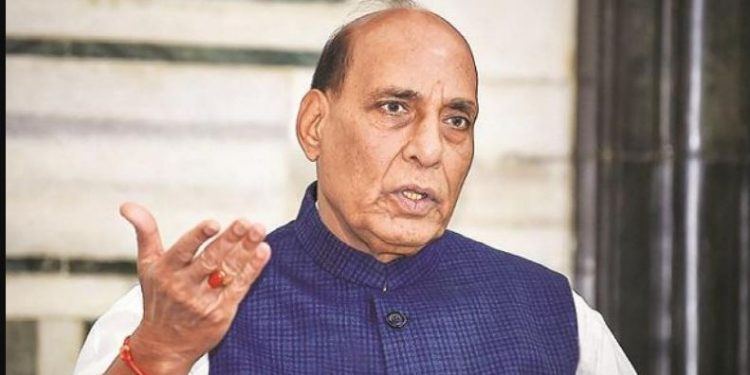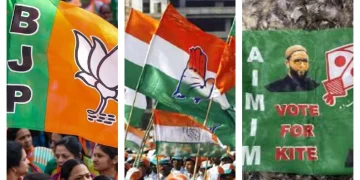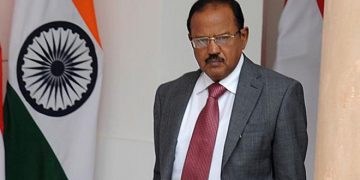Defence Minister Rajnath Singh’s latest remarks may be perceived as India’s acknowledgement of assassinations by its intelligence operatives on foreign soil. “If any terrorist from a neighbouring country tries to disturb India or carry out terrorist activities here, he will be given a fitting reply. If he escapes to Pakistan we will go to Pakistan and kill him there,” Singh said in an interview to News18 television channel. This comes at a time when Canada and even the US have accused Indian agents of carrying out extrajudicial killings or attempts to murder in those countries.
Rajnath’s comments came in the wake of a report published in UK-based The Guardian newspaper that has claimed that the Indian government has ordered at least 20 killings in Pakistan since 2020 as part of a wider strategy to eliminate terrorists living on foreign soil. The Guardian interviewed both Indian and Pakistani intelligence operatives and accessed documents shared by Pakistani investigators for the report. Citing sources within the Indian intelligence community, the report stated that there was a change in the strategy towards targeting terrorists in Pakistan in 2019. This shift supposedly occurred following the Pulwama attack, where members of the Pakistan-based terrorist outfit Jaish-e-Mohammed killed 40 Indian paramilitary personnel in Kashmir. At that time, Prime Minister Narendra Modi was seeking a second term in office. Indian intelligence officials claimed that their country had taken cues from intelligence agencies like the Mossad of Israel and events such as the assassination of Saudi journalist Jamal Khashoggi in the Saudi embassy in Istanbul in 2018, according to the report. On the other hand, officials from two different Pakistani intelligence agencies provided detailed evidence of investigations into seven killings allegedly carried out by the Research and Analysis Wing (RAW), India’s secret service agency. They also expressed suspicions of India’s involvement in as many as 20 deaths.
India faced accusations from both Washington and Ottawa regarding its alleged involvement in the killing of Khalistani activist Hardeep Singh Nijjar in Canada and a botched assassination attempt on another Khalistani activist Gurpatwant Singh Pannun in the United States last year. The Indian Ministry of External Affairs (MEA) in its response to both the US and Canada had lame refutations of the allegations.
Following The Guardian report, MEA has denied India’s involvement in the killings in Pakistan. The allegations are “false and malicious antiIndia propaganda,” the MEA told The Guardian in response to the report. The ministry also highlighted an earlier statement by EAM S Jaishankar in which he said that targeted killings in other countries were “not the policy of the government of India.”
In light of this, Rajnath Singh’s remarks appear to be contradicting the MEA and the EAM. The Defence Minister and many others in his government may be obsessed with the “ghar mein ghus kar maarengey” rhetoric and such language may be appealing to their vote-bank in the election season, but this needless boasting may not be appreciated by other countries across the world and can potentially damage India’s foreign relations.






































